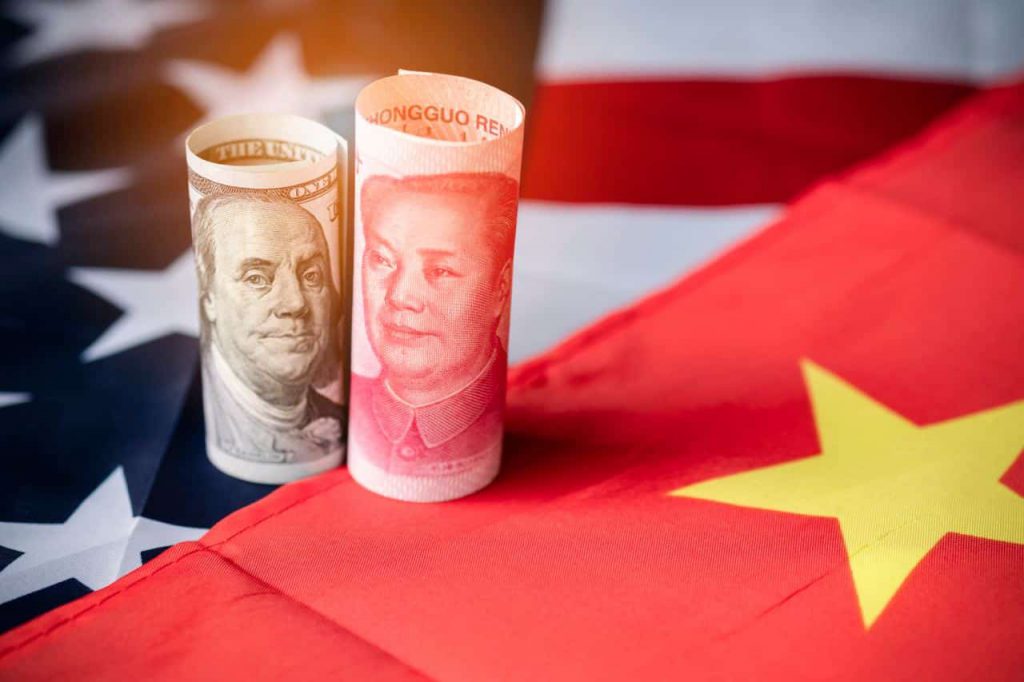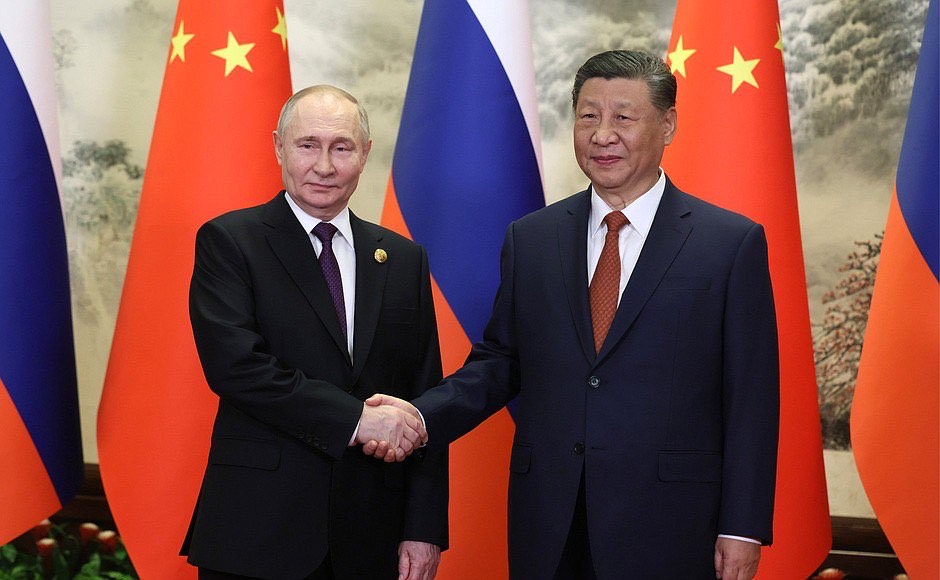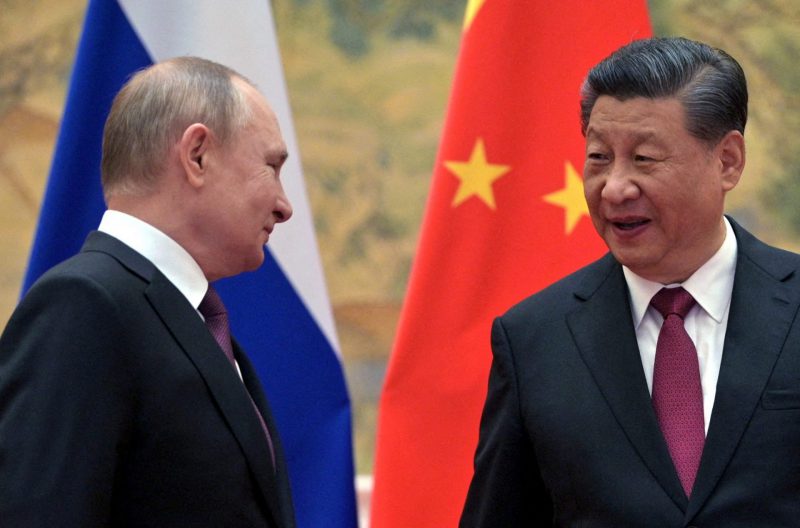With the BRICS bloc firmly embracing de-dollarization, both Russia and China have turned to crypto as the alliance continues to move away from the US dollar. A recent report shows that the country’s unilateral trade has relied heavily on digital assets. Western sanctions have forced both sides to seek different currency avenues.
That has been the driving force of its ongoing currency development. For the last several years, the bloc has sought to develop its own trade currency. Now, those plans have included the creation of its own payment system. In recent weeks, more BRICS nations have voiced support for the project.


Also Read: BRICS: US Central Bank Hits $1T in Losses, What it Means for the Dollar
Russia and China Trade Embraces Digital Assets Amid Sanctions, BRICS Plans
The BRICS bloc has been hyperfocused on de-dollarization throughout this year. Russia has led the charge, signing several notable trade agreements to ensure the absence of the greenback. That has extended to unilateral trade with China. Specifically, both sides have sought to use a new kind of currency.
With the BRICS bloc developing its own currency platform, Reuters reports that both Russia and China are turning to crypto to move away from the US dollar. Specifically, their cross-border payments have seen digital assets dominate recently. Digital platform Qifa told the publication the move is connected with the impact of Western sanctions.
The trade between both countries has sought to increase crpyto usage due to “the threat of secondary US sanctions on Chinese banks,” along with rather convoluted compliance requirements. This has resulted in fewer banks being willing to take on the challenge.


Also Read: BRICS: Morgan Stanley Says US Dollar Can’t be Dethroned
Qifa is soon set to be listed on the Moscow exchange. Moreover, payment delays have made them a primary option. Operating out of both Moscow and Beijing, the firm “has turned to digital asset and cryptocurrency settlements that can happen in a single day.”
This also denotes a shift coming for the entire BRICS bloc. The collective has long been rumored to be developing a digital asset and a comparable payment platform. This would only fast-track that process. These kinds of mechanisms will be a proof case for the alliance as a whole. It could facilitate further change throughout the bloc, and do it rapidly.





